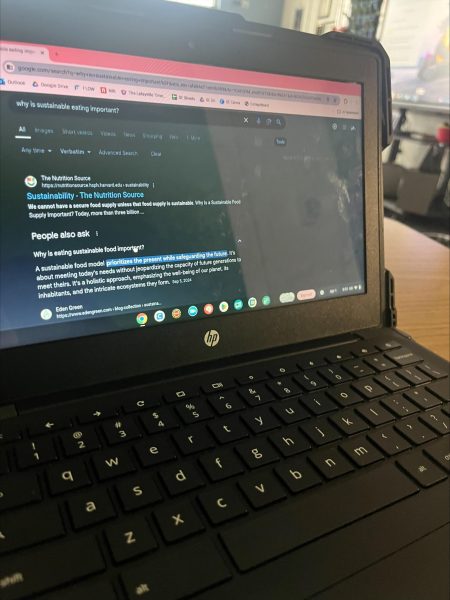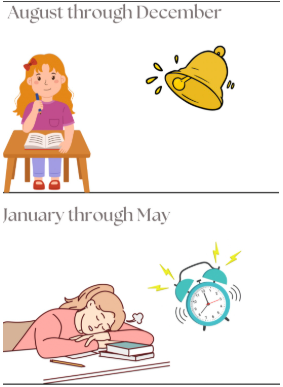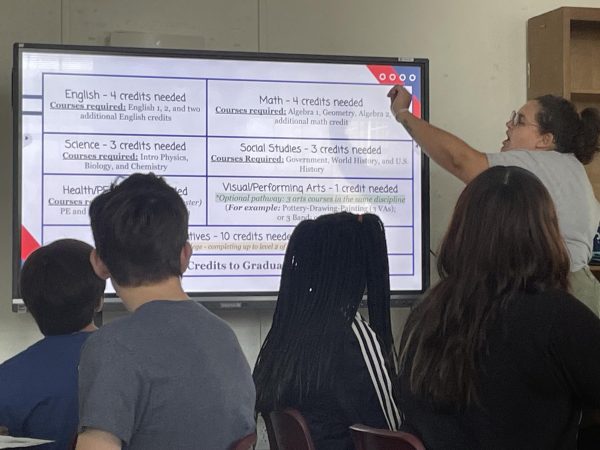Is Social Media Harmful?
A student, Josh Smith, signing up for the blood drive.
In these modern times, it’s no shocking statement to say that social media is everywhere. People don’t just post about their interests or life-changing events anymore. Instead, everything from food to clothes to self-image is reflected in and influenced by what others are doing on social media.
On the one hand, this outcome could be seen positively. Teens are more connected than ever to people and ideas they might never have found otherwise, and there is a great sense of generational unity. On the other hand, there are valid concerns dealing with the commodification of everyday life—how individuals contribute to a consumerist society by making themselves and everyone else into a commodity only worth the entertainment it brings.
However, amid these grander, more abstract overviews of social media, concrete facts are present due to the ever-growing literature on the topic. First, let’s review some of the statistics. According to HealthyChildren.org, teens spend an average of eight and a half hours a day using screens. While the amount of school assignments reliant on technology has also increased exponentially, 32% of teenagers have said they “wouldn’t want to live without” YouTube, which points towards an over-reliance. In other words, students spend the same amount of time on social media as the recommended amount of sleep. Because of school, homework, extracurriculars, other time spent with family and friends, spiritual or cultural activities, or other things important to mental and emotional health, that phone time is destined to cut into valuable time.
JAMA Psychiatry found that teens who use social media over three hours a day are also at higher risk of mental health problems, “particularly internalizing problems.” This could be due to how most social media is set up, providing micro-entertainment that only lasts long enough to boost serotonin. Content rarely has enough substance to last more than a few seconds, but the kind of brain-turned-off entertainment it provides keeps users looking for more to satisfy the need for content. Not only does this program brains from a very young age not to hold focus on something for more than a few seconds, it also places people in a cycle of content consumption that’s almost impossible to walk away from. Since the content is so short and self-contained, it’s easier to spend hours watching it without feeling like any time has passed at all, which operates very similarly to addiction and is intentional. This causes so much time to be spent online, so one problem feeds into another.
With the time teens spend on social media, the increased mental health issues linked to it, and the algorithmic reliance on it, it seems safe to say that social media is harmful.

Claire Cornett is a junior at Lafayette interested in student-led stories and events. She's involved in choir and history club. She is also heavily involved...

Raya Isenstein is a freshman at Lafayette High School. She is involved with the theatre, as well as writing for The Times. She is interested in pop culture,...











